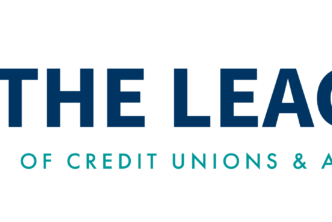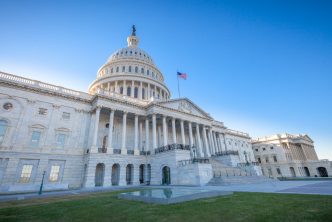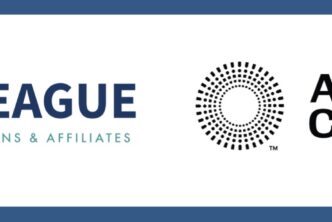NCUA Chairman Debbie Matz was one of eight voting members of the Financial Stability Oversight Council that testified before the House Financial Services Committee. During the four hour hearing, Chairman Matz told the committee that the NCUA has a “mutually beneficial” relationship with the Financial Stability Oversight Council and it helps the NCUA better protect credit unions and their members.
“The Council is performing a valuable service for the American people,” Matz said, “by identifying risks, promoting market discipline, and responding to emerging threats to the U.S. financial system on critical issues such as the oversight of key financial market utilities, data standards infrastructure, and cybersecurity threats.”
The Republicans on the committee challenged the council on its transparency. The Democrats on the committee asked more questions to help defend the panelists. Matz told the committee that the Council provides regulators with a valuable forum for sharing best practices and coordinating regulation of the nation’s financial system that helps safeguard the country’s economic stability. That level of coordination did not exist before, even as the financial system became more interconnected and every sector became more vulnerable to risks.
The House Financial Services Committee also began marking up seven bills. Included in those are two bills that credit unions support – H.R. 2287, the NCUA Budget Transparency Act, and H.R. 2205, the Data Security Act. Once all seven bills have been marked up, a voice vote will be taken. An action alert was issued earlier this week for credit unions to contact their legislators in support of H.R. 2205.





